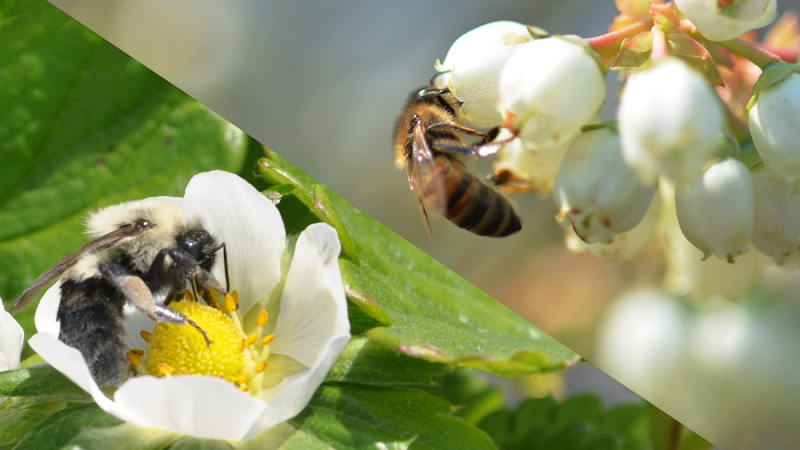California Citrus Industry Pegs Freeze Damage At $441 Million
In early December, the San Joaquin Valley citrus industry was hit with seven consecutive nights of subfreezing temperatures resulting in hundreds of millions of dollars damage, according to estimates released today. The event may have concluded in mid-December but the industry’s battle against Mother Nature continued through early January.
Valley citrus growers report that continuous cold mornings have required extensive use of frost protection devices. Mandarin producers report using wind machine for at least 5 hours per night in order to raise grove temperatures following the freeze event, and lasting through the first week of January. The more cold-tolerant Navel variety incurred less damage, although producers do report running wind machines an average of 20 hours in the days following the main freeze event.
In summary, California Citrus Mutual (CCM) estimates that the valley citrus growers have collectively spent $49 million to protect the 2013/2014 crop.
Production in other major citrus producing counties such as Ventura, Riverside, Imperial, and Monterey has not been affected by cold temperatures season-to-date.
In the San Joaquin Valley, however, freeze damage has become evident. Kern County, specifically, has seen a greater degree of damage than other areas in the Valley. This is attributed to the early timing of the freeze event and the level of volume still on the tree at the time.
“What has made this year complicated for assessing damage is that Mother Nature did not treat all areas and producers equally,” says CCM Chairman and General Manager of Orange Cove-Sanger Citrus Kevin Severns. “There are areas in Kern and Madera Counties where the Mandarins are completely wiped out, and others where damage is as great as 40-50%.”
The same can be said for the valley’s Navel orange crop. “It’s a mixed bag,” continues Severns. “We know of one grower who lost 100% of his tonnage, whereas most producers lost 10-20%.”
As was originally anticipated, a comprehensive industry survey reflects significant damage to the valley’s Mandarin crop. At the time of the freeze, approximately 20% of the crop had been harvested. It is estimated that valley-wide 40% of the remaining tree crop was lost due to freeze damage. This equates to a loss of 4.7 million 40-pound cartons and $150 million in lost revenue.
The more freeze tolerant Navel crop is estimated to have incurred a 30% loss due to freeze damage Valley-wide, which equates to 22 million 40-pound cartons and $260 million in lost revenue.
Valley lemon produces fared better than one would expect with a 20% loss due to freeze damage, or 1 million 40-pound cartons, a $24 million loss.
CCM currently estimates that the Valley citrus producers incurred approximately $441 million in lost revenue due to freeze damage.
“A slight increase in price might recover some loss, however the industry is wary of fruit becoming too expensive,” says CCM President Joel Nelsen. “History tells us that higher prices result in demand for offshore citrus or alternative commodities.”
Consumers can, however, expect a shorter season for California citrus. Currently, the industry expects to continue shipping fruit to the market place through mid-May, versus a traditional availability that extends into July.
“The industry is now faced with increased costs associated with quality inspections,” concludes Severns. “Fruit is moving through the packinghouses at a much slower rate as we employ freeze detection technology as well as human inspection protocol.
“The California citrus industry is known for producing high quality fruit, and that is a reputation the industry is going to lengths to protect.”
Source: California Citrus Mutual









